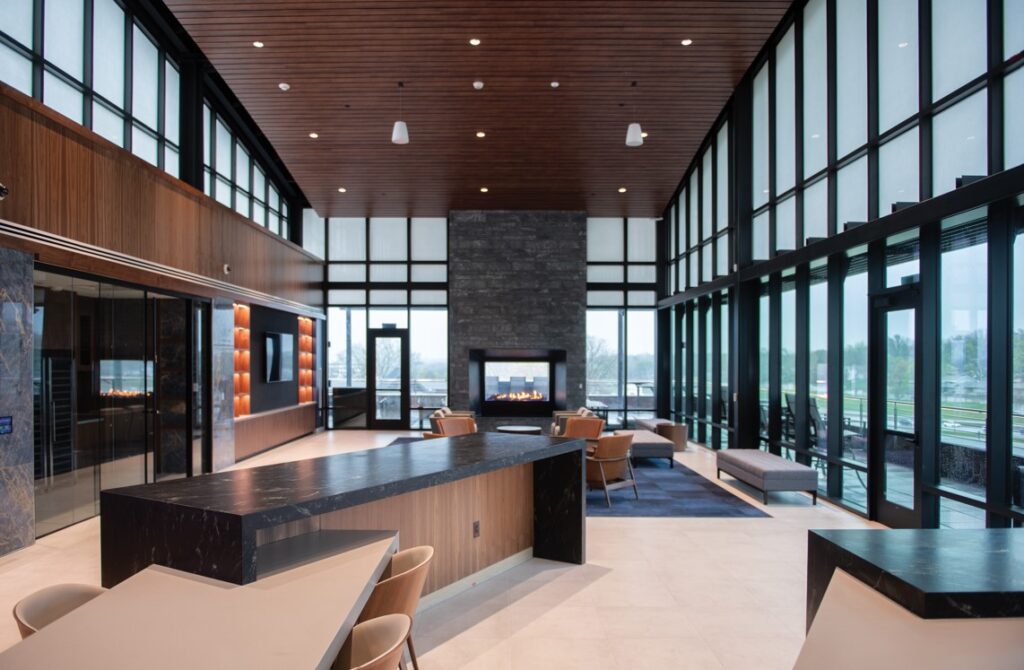Real estate’s bright side

Remove the adjective “toxic” from commercial real estate.
So says Kelly Rush, head of global property securities for Principal Global Investors LLC, who noted recently that even during the darkest days of the reorganization of General Growth Properties Inc., his company was buying its stock – on the cheap.
The reasons for that purchase and the source of his bullish attitude about commercial property are simple enough. There are not a lot of gains to be had from securities, at least not at the moment, and the anticipated collapse of commercial real estate hasn’t happened.
“We’re back into an environment where people are finding favor with real estate, especially commercial, despite the fears regarding potential problems,” Rush said.
Those fears have proved to be unfounded, he said.
Rush and a crew of six manage $33 billion in real estate assets across the country. Little of that portfolio is in Greater Des Moines, where there are plenty of examples of pain throbbing out of commercial real estate.
Publicly traded real estate investment trusts (REITs), such as General Growth, were considered a safe place to park some assets just a few years ago. However, high leverage combined with the collapse of financial markets and anxiety among lenders generated concern that REITs would go the route of residential real estate and face a rapid decline in value.
With Federal Reserve policy-makers keeping interest rates low to stimulate the economy, there was enough of a thaw in credit to create a “relief rally” in commercial real estate, Rush said.
In addition, commercial real estate debt as a percentage of gross domestic product dropped in the third quarter for the first time since 1996, according to Principal Real Estate Investors’ “Quadrant Navigation Quarterly.”
Still, investment in commercial real estate might not be for the fainthearted.
“Right now, investors are chasing yield, whether it’s high-risk debt or other forms of investment,” Rush said. “Commercial property is yield oriented and is moving up as well.”
With U.S. Treasury securities yielding less than 3 percent, investment in commercial properties, especially those with little leverage, can realize double-digit returns, he said.
REITs have shown little interest in Greater Des Moines, despite General Growth’s ownership of Jordan Creek Town Center in West Des Moines.
Rush said there is not enough buying and selling going on in the area to grab the attention of REITs. In addition, local lenders have been willing to hang on to problem properties they have acquired through foreclosures and sheriff’s sales in order to see some value return to the properties.
“Regulators aren’t putting on pressure to sell the real estate that banks have, and recently the recovery in values fueled by central bank actions has been a benefit to lenders that have hung on to real estate,” Rush said.
Markets should benefit from political gridlock in Washington, D.C., he said.
Rush also has an answer for skeptics. “For people who say there has been a lack of improvement in real estate demand, it will only get better when the economy gets better; it’s just a question of when,” he said.








